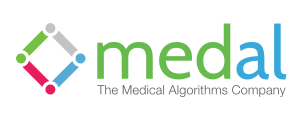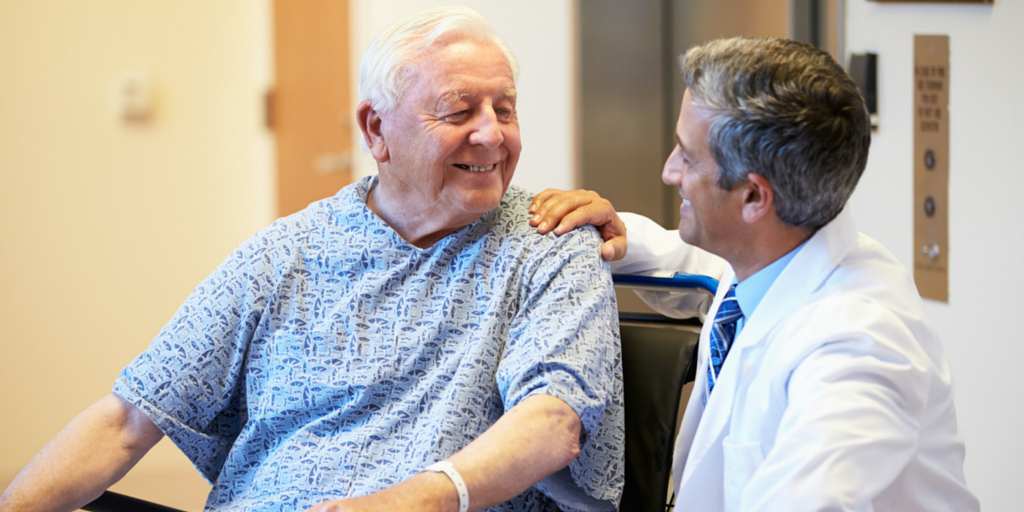We’re entering a new world of patient-centric healthcare, one in which patients can be better informed, collect endless data related to their condition, and more fully participate in medical decision making. Patients are now receiving full access to their digital personal medical records which helps in medical patient education about their condition. As a result of these changes, it’s natural that patients will also want to use medical algorithms which until now had only been used by medical professionals. In any event, it will be almost impossible to exclude them from access.
Benefits to Patients Using Medical Algorithms
There are potential benefits for the patient. Algorithms that collect trackable data can be valuable and are already being used for patients enrolled in clinical trials. When capturing data it is important that it be organized and used and not just simply collected as busy work. A program that analyzes and finds trends in the data is more valuable to clinicians and patients than volumes of raw data.
Algorithms can help to inform patients so that they can make better decisions and give informed consent. They can get a trusted second opinion in seconds or find out why they need to be treated. Algorithms can also give patients a higher level of comfort as they take charge of their own healthcare. Armed with more knowledge, they may also gain a sense of control that will help them better cope with illness.
Risks to Patients Using Medical Algorithms
On the other hand, there are risks involved with patients using medical algorithms. The patient may select an inappropriate algorithm or become fixated on an incorrect diagnosis. The patient may not have access to all of the data needed to reach a decision or the patient may misunderstand terminology. The patient may not realize that a result is absurd since he or she may not have a point of reference based on experience. The patient may overestimate the risk and suffer unnecessary distress. Some might even become suicidal.
Probably the greatest risk will be for the patient who decides to diagnose and treat herself/himself. As the old adage goes: “A person who treats himself has a fool for a physician.” Diagnosis and treatment may be delayed or the wrong treatment given, which can have serious consequences. Just because you can do something doesn’t mean that you should.
One unknown is how healthcare reform may affect access to healthcare. Many small hospitals may shut down as healthcare economics change. Access to qualified specialists may be restricted. Medical algorithms might be the only evidence-based medical resources that some people will have access to, especially in rural areas.
Patients should collaborate with their personal clinicians to select algorithms that are appropriate to their condition. The clinician can explain to the patient why the algorithm is useful and how the results are used. In turn, the patient has someone to discuss results with, answer questions, and interpret findings.
Medical algorithms can be powerful tools but they can also be dangerous if misused. Will patients be grateful for the wealth of clinical knowledge they now have access to? Or, will physicians regret opening the door to this highly specialized information that until recently has only been readily accessible by medical professionals? Will patients take responsibility for their decisions? Who is liable if they make a fatal choice? Patient-centric healthcare and the role of medical algorithms brings to the forefront many challenging questions. Only time will tell how giving patients access to clinical decision making tools will affect healthcare.

